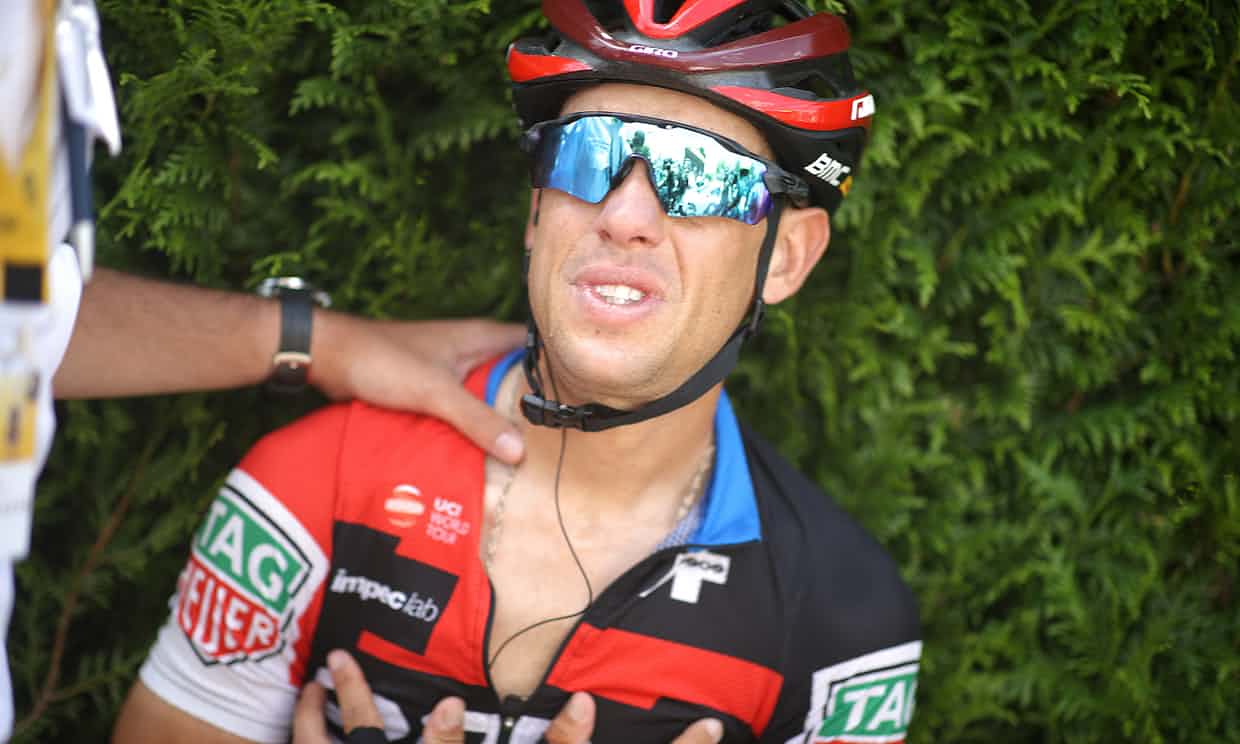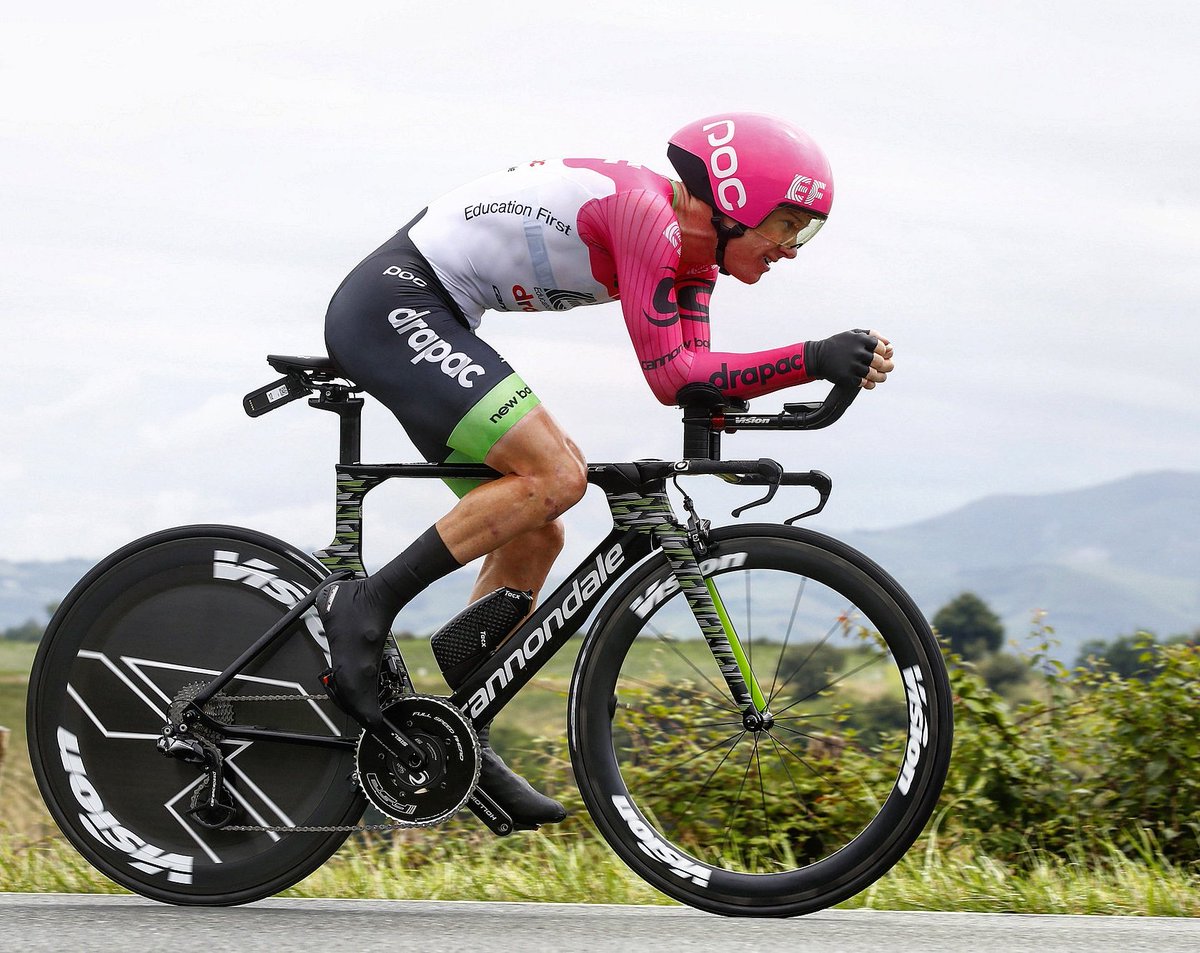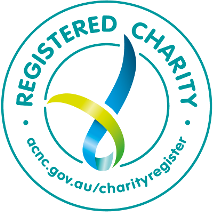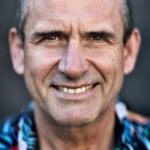
Richie Porte admits that he went into a “dark place” psychologically after he crashed out on stage nine of the Tour de France in July for the second year in a row.
“To recover physically has been easier than emotionally,” said Porte on August 6, three weeks after he exited the Tour.
Porte, whose wife Gemma gave birth to their baby boy Luca in June, added, “As soon as it happened I realised I fractured my collar bone. Then it hit me … All that preparation and time away from the new born baby was for nothing.”
The biggest injury that the BMC team leader faced was psychological; for the disappointment of crashing out for the second year in a row, and the lingering sense of what could have been as the Tour unravelled in favour of his former British Sky teammate, Welshman Geraint Thomas, who won.
“Watching the Tour, how it panned out. How Fabio Baldato [BMC sports director] and I talked about how Sky will be dominating … I could have been well up for that,” Porte said.
The Australian concedes he found: “the first couple of weeks [after the Tour] … hard, not being able to train and getting down in the dumps and thinking of eating food, and stuff like that.
“The disappointment from a professional point of view was absolutely terrible. I am not going to lie. I was in a pretty dark place for a while …”
“It is probably still a hard one to take, probably the most difficult and hardest one of my career,” said Porte.
Porte also knows that at 33 he is chasing ‘Father Time’ in his bid to win the Tour. His best place so far was fifth in 2016. However, he is drawing some hope from Cadel Evans who in 2011 became Australia’s first and still only Tour de France winner.
“Cadel did it when he was 34,” Porte said. “Other guys podiumed in grand tours when they were a bit older. But going forward, definitely, the opportunity is closing.”
Speaking openly about emotions should be lauded
By no means does Porte think he is alone in wrestling with such the heartbreak of not finishing the Tour. From the 176 riders who started, only 145 reached the finish in Paris on July 29.
Neither was Porte the only Tour contender to bow out as he did. Colombian Rigoberto ‘Rigo’ Uran (EF Education First-Drapac), who was runner-up to Froome last year, withdrew before stage 12 due to injuries sustained in a crash on stage nine. And the Italian Vincenzo Nibali (Bahrain-Merida), the 2014 Tour champion, withdrew after stage 12 to l’Alpe d’Huez due to a fractured vertebra he sustained in a crash near the finish.
Every rider who failed to finish the Tour de France due to crashes or other set-backs would have been devastated. All would have started the race with specific objectives and goals, and fuelled by as much motivation as any overall Tour contender.
Hence, hearing Porte speak candidly of his despair, rather than mask it to avoid being seen as emotionally vulnerable – so often the approach in sport – should be lauded.
Recognising his understandable emotion for such a devastating set-back will help Porte move on. In turn, that he spoke openly of it may help others handle similar feelings, too.
The knock-on effect for other riders
Of course, it’s not only riders who have to abandon the Tour who are impacted by their departure. It is particularly hard for teammates of a departed team leader to pick up the pieces of a Tour campaign, as Australians Simon Gerrans, Simon Clarke and Heinrich Haussler experienced.
Gerrans, 38 and in his twelfth Tour overall but his first as the BMC road captain focused on helping Porte try to win, found the challenge of racing on after the Tasmanian’s exit difficult, to say the least.
“I had a bit of tough time after a solid first 10 days and after losing Richie,” said Gerrans, who joined BMC from the Australian Mitchelton-Scott team under Porte’s urging and last week announced he will retire at the end of the year.
BMC still enjoyed success in the Tour, winning the stage three team time trial and their Belgian star, Greg van Avermaet, wearing the yellow leader’s jersey for eight days.
A new main sponsor in Polish shoe and apparel house CCC was also unveiled to replace BMC bicycles after this year.
“There was plenty of things to be happy about,” Gerrans said. “But obviously, when you get to the general classification stages you notice you haven’t got the same focus as when Richie was here. I am not going to lie. There are stages where I would think, ‘that would have been perfect for Richie.’”
Clarke, 32 and in his fourth Tour, held a similar role on the EF Education First-Drapac team led by Uran as Gerrans did on BMC.
Clarke likened the loss of a leader of Uran’s credentials to that of parents losing their children when they leave home: “It took me a couple of days to re-set. It was quite different going from racing for someone else to racing for yourself.
“It is [like] going from being a mum with kids and all you do is think about the kids to suddenly having no kids and you think about yourself.”
To change that mindset overnight is not easy, the more serious you are on a general classification attempt the harder it is. We were so committed to Rigo going well.”

Haussler, a five times Tour rider and 2009 stage winner, said losing his Bahrain-Merida leader Nibali left a huge void.
“It’s a massive blow, a disaster,” Haussler said two days later. “The whole team was built around Vincenzo. We spent many weeks, months together [in] training camps, testing time trial bikes, special training.
“He was our captain and he has gone now.”
A saving grace
From his misfortune, Porte meanwhile found a silver lining to his private and professional lives. He cites the “saving grace” of spending more time his wife and baby: “Having a new born baby changes the perspective of everything.”
It also left Porte with an injury that would heal quickly, with only limited time off the bike, and allow time to set a fresh objective and hopefully finish the season – his last with BMC – on a high.
Porte, like Uran and Nibali, will race the Vuelta a España – the third of cycling’s three grand tours after the Tour and Giro d’Italia that starts in Malaga on August 25. He will go in to it under done, but that should help him peak for the World Road Championships at Innsbruck, Austria in September on a tough climbers’ circuit that should suit his capabilities.
Racing the Vuelta will also allow him to end the year with his first full three-week grand tour in his legs since the 2016 Tour.
“It has been a long time. We will see what comes about,” Porte said. “It’s easy to be motivated for a race like the Worlds, ride with your fellow countrymen. A great silver lining … Going into the Vuelta, preparing for a ‘once-in-a-career’ Worlds. They don’t come around like this year often.”


